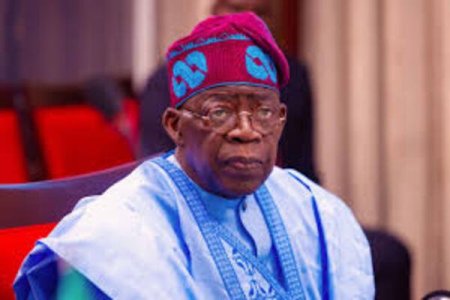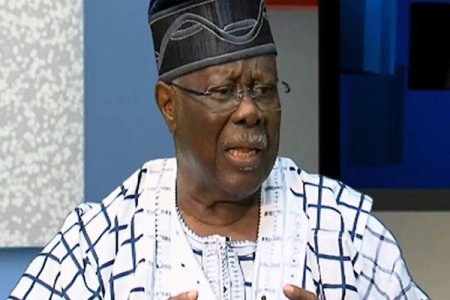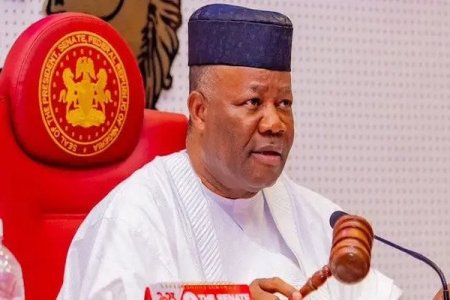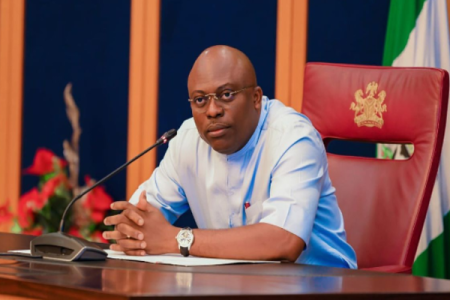
Nigeria has not appointed ambassadors to replace those recalled a year ago, raising concerns about its international relations and global influence. This situation, attributed to financial constraints, may project Nigeria as isolated and incompetent, affecting its diplomatic missions and citizens abroad.
Nigeria's diplomatic landscape faces a significant challenge as President Bola Tinubu has yet to appoint ambassadors to replace those recalled a year ago. Currently, the only representative Nigeria maintains abroad is its permanent representative to the United Nations. With 109 diplomatic missions worldwide, including 76 embassies, 22 high commissions, and 11 consulates, the absence of ambassadors raises serious questions about Nigeria's commitment to international relations and its ability to pursue its national interests.
International relations expert Sheriff Folarin emphasizes the importance of ambassadors in maintaining diplomatic ties. Ambassadors are essential for facilitating cooperation between states, serving as vital conduits for information that can influence decisions back home. The lack of ambassadors implies a disengagement from the international community and suggests a retreat into isolationism. Countries may interpret this absence as a sign of Nigeria's inability to manage its diplomatic responsibilities, further projecting an image of weakness on the global stage. This perception could have detrimental effects, particularly when Nigerian citizens abroad require assistance from their government.
Folarin notes three primary implications of this situation. First, Nigeria's withdrawal from global diplomatic engagement could prompt reciprocal actions from other nations, where they may also withdraw their ambassadors. Second, the perception that Nigeria cannot operate its missions effectively could stem from a perceived deficiency in human capital or government incompetence. Lastly, without ambassadors, Nigeria risks missing opportunities to shape international discourse, especially regarding its aspirations for a permanent seat on an expanded UN Security Council.
Financial constraints have been cited as the reason for the government's inability to appoint ambassadors, a narrative that Folarin argues undermines Nigeria's reputation as a dynamic player in global affairs. The idea that financial challenges can excuse such a critical gap in diplomacy is damaging, potentially leading to perceptions of irresponsibility. To address these issues, Folarin suggests that the Nigerian government should focus on cutting unnecessary expenditures, such as maintaining a lavish presidential fleet, and ensure that the revenue generated through embassy operations is judiciously allocated to sustain diplomatic missions.
Overall, the lack of ambassadors not only reflects poorly on Nigeria's global standing but also affects its citizens who rely on their government for support abroad. The situation calls for urgent reform to restore Nigeria's diplomatic credibility and functionality.
Source: ICIR





